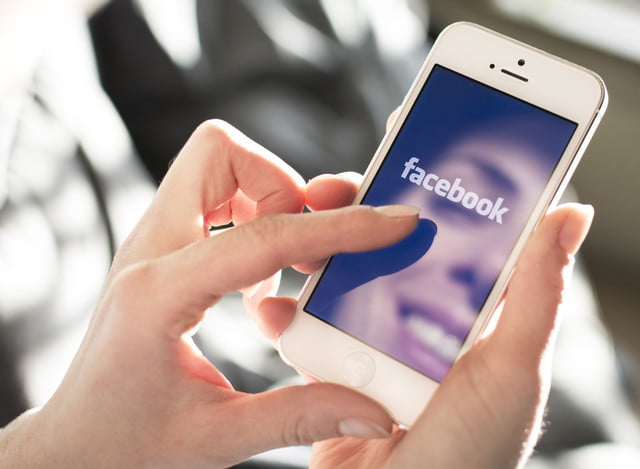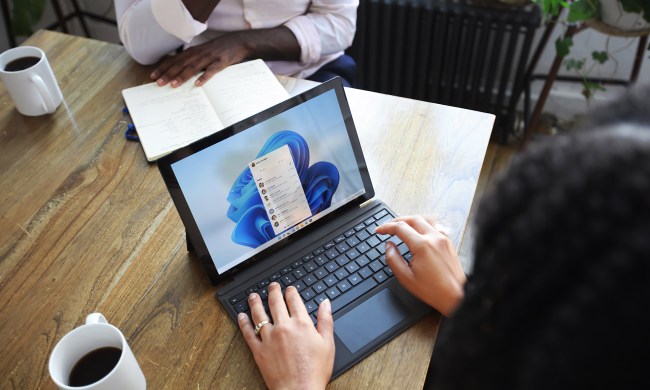
The BBC reports that PJ Vogt, who presents a tech podcast called Reply All, sent out a tweet calling for people’s stories regarding why they believe Facebook may be listening in on their conversations for the purposes of ad targeting.
Rob Goldman, Facebook’s VP of ads, chimed in to reassure people that Facebook does not use people’s mics as a way of spying on them.
I run ads product at Facebook. We don’t – and have never – used your microphone for ads. Just not true.
— Rob Goldman (@robjective) October 26, 2017
Despite Goldman’s comments, Vogt got hundreds of replies to his tweet.
I have been talking about getting a cat. I didn’t post about it anywhere but I DID start seeing ads for cat food.
— kelley (@kelleyblythe_) October 26, 2017
i wish i would have been more scientific about it, but when i was using facebook we would get ads we didn’t search for, but talked about.
— Jeff (@tiger187126) October 26, 2017
A coworker got an ad saying “so you popped the question!” minutes after he proposed, before he told anyone it had happened
— Tori Hoover (@torihoover) October 27, 2017
Despite the many responses that Vogt received, there isn’t much, if any, concrete proof that Facebook uses people’s mics to spy on them.
As for why Vogt’s Tweet got so much attention, one explanation is that it is simply a matter of coincidence. The ads might have been there the entire time and people simply didn’t notice them at first.
Facebook isn’t the only company to come under fire for this issue. Many people believe that smartphones are being used by companies as a means of collecting information on consumers.

